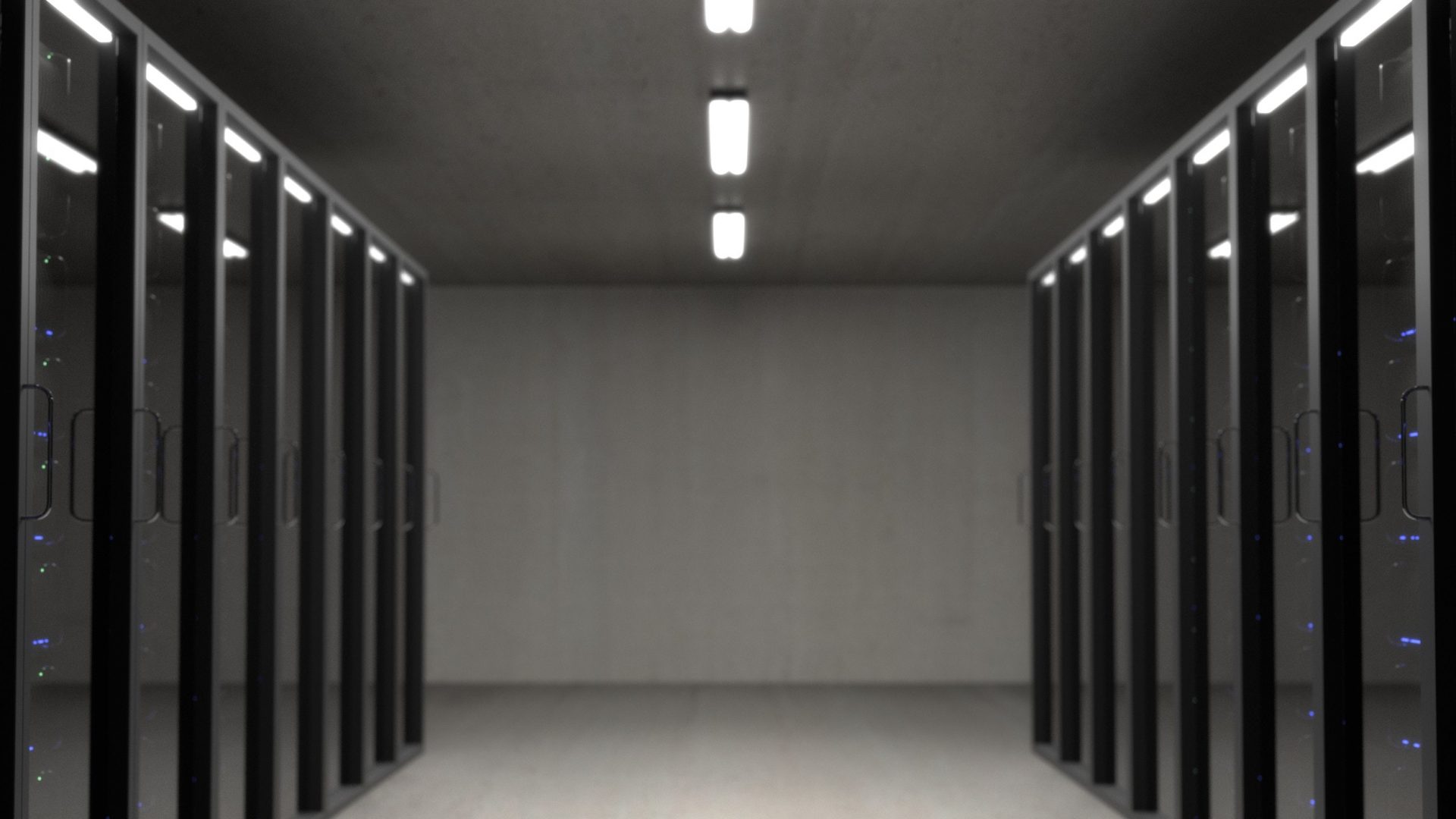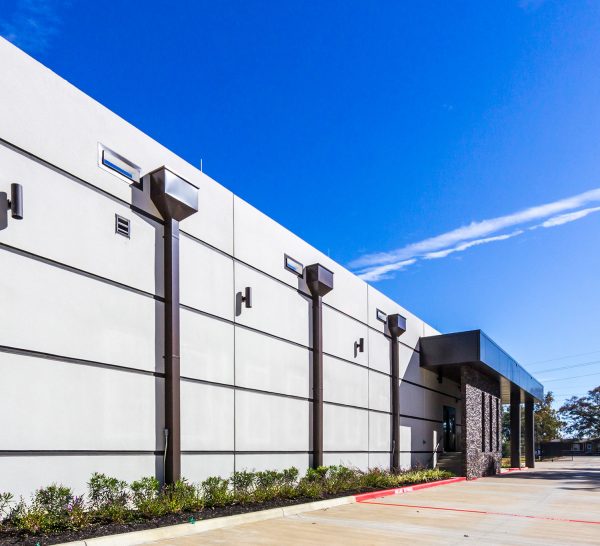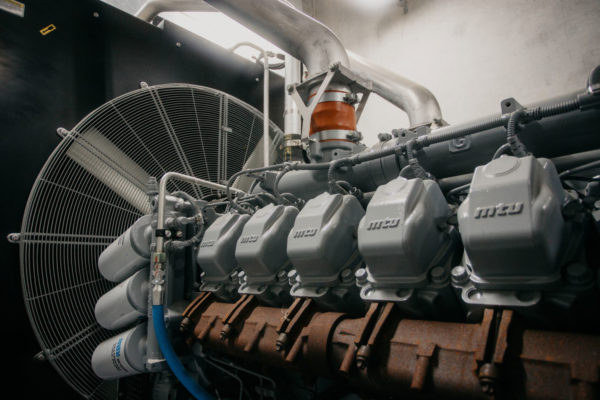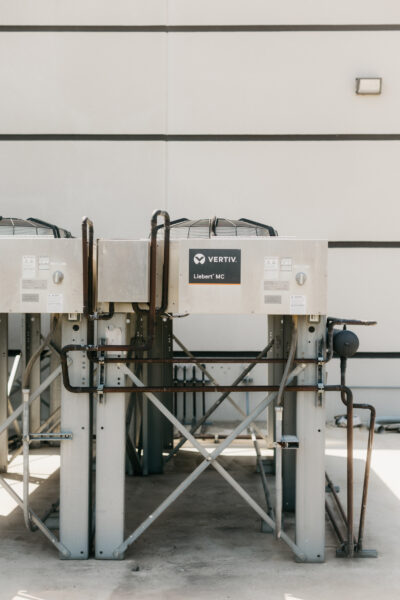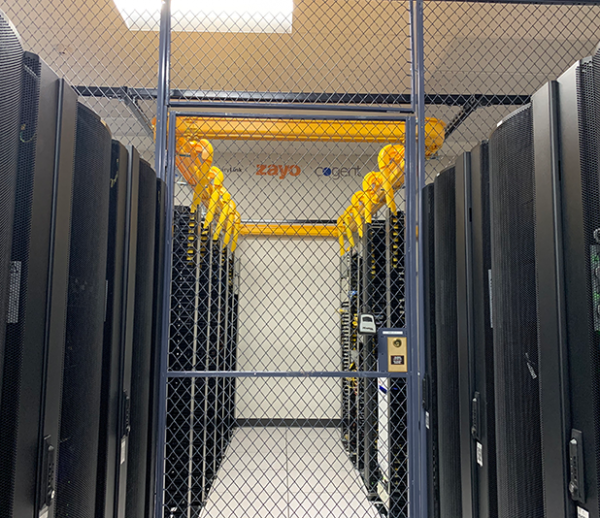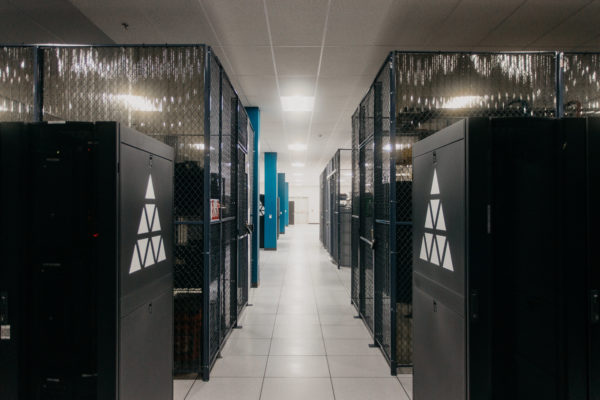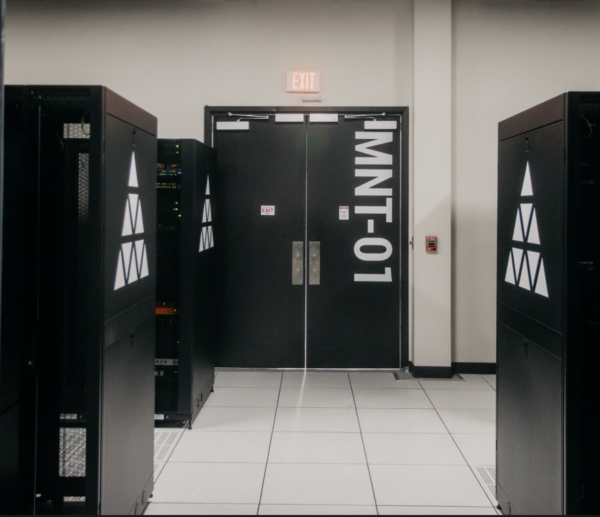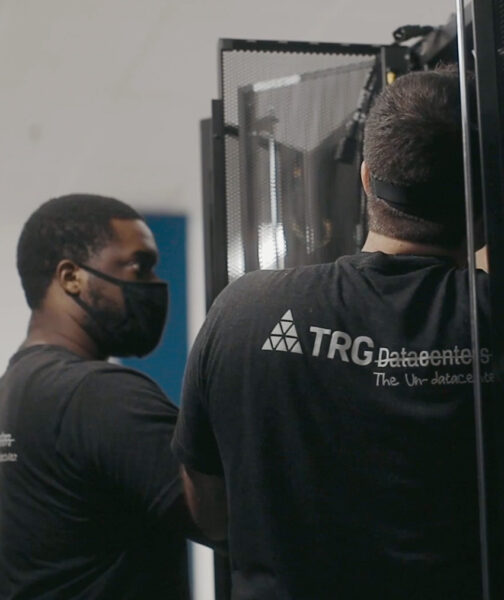Clients lease or rent space for their data carrier equipment in colocation centers, or ‘carrier hotels’. These are becoming increasingly popular as sole / primary storage sites, in the light of increasing costs of private secure facilities. Moreover, these services help protect their clients’ information from extreme weather conditions too.
Colocation centers provide zones with sufficient space, security, power, cooling and bandwidth. Clients install their own servers, storage and networking equipment in this environment, and hence remain in full control of access to their data.
Typical Configurations Within Colocation Centers
These ‘carrier hotels’ arrange their interiors into separate, secure zones for a wide spread of clients. They range from small companies to large enterprises. All of them are in full control of the design and use of their own equipment. A colocation center simply provides power and cooling, and takes care of management of the facility. The actual ‘hotel rooms’ come in a variety of sizes:
- Locking Cabinets containing server racks. A number of clients may share a common area with communal power, raised floor and climate control.
- Cages within a raised floor data center enclosed in wire mesh walls, with access through locking doors. Again, a number of clients may share the raised floor, power and cooling,
- Dedicated Suites work on a similar principle, except solid partitions enclose them. They may have their own dedicated cooling and power, or share as is the case with cages and cabinets.
- Purpose-engineered Modules are effectively data-centers-within-data-centers, and with own steel walls and security protocols. These use standard components and are readily scalable.
In all the above instances clients pay for what they need in terms of their business life-cycles. This frees up scarce capital for more immediately economically-productive purposes.
Main Features of Colocation Center Buildings
Colocation ‘server hotels’ have many attractive features over and above their extensive cooling equipment. These include both passive and active fire detection and suppression systems, which may include fire walls to limit damage in the event passive fire suppression equipment fails. However the initial response is always hand-held extinguishers to reduce collateral damage.
Colocation centers have battery backup storage, and independent diesel generators to substitute for the power utility when extreme weather knocks out transmission lines.
More sophisticated centers have dual emergency electrical feeds either of which is totally redundant. Owners of high end servers and telecommunications equipment have a choice whether or not to avail themselves of this facility.
Cross-Connect Rules between Colocation Center Clients
Some clients may be end-users of their data, while others may provide a carrier service to many. Colocation centers have different approaches to cable-linking different customers, as this may impinge on the principle of full client control of access to their data. They may, or may not allow customers to run such cross-connections.
Other providers install ‘meet-me-rooms’, where telecommunications companies can physically connect to one another, and exchange data without incurring local loop fees. These connects may be via voice circuits, data circuits, or internet protocol traffic.
To achieve this, clients order patches from their cages or suites to the meet-me-room. Collocation center personnel then arrange the physical connections via optical fiber cables, coaxial cables, twisted pairs, or other networking media.
Some centers allow customers to install multiplexing equipment within meet-me-rooms. So they can make their own connections to several other organizations present in the same room. Still others provide an internet exchange point, to avoid the need for physical cabling.
Numerous Advantages To Using Colocation Data Centers
Enhanced Security Levels
Many U.S. companies are turning to colocation centers to protect their data carriers from malicious damage. They appreciate the bullet-proof glass, man-trap dual security gates, and biometric scanners to triple-check the identity of anyone entering. This is a higher level of security than most companies can, or are willing to afford, and it enables to them to meet third-party and regulatory requirements.
Protection Against Extreme Weather Events
Global warming and climate change are placing previously safe areas of the United States under threat of violent storms and flash flooding. Companies unable or unwilling to afford the cost of relocation, place their data carriers in colocation centers in more climatically-secure areas. This significantly reduces the risk of physical loss of data, although digital access may not always be available at the height of a storm.
Scalability of Infrastructure
A company leasing or building its own data center has to best-guess the maximum amount of space it will need for the duration of the project. As most consultants will confirm this is extremely difficult to get right. A professionally-run state of art data colocation center takes the uncertainty out of the calculation, by proving scalable cabinets, cages, suites, and modules.
Higher Availability and Less Downtime
The best data carriers are still at risk from utility failures. Economies of scale enable colocation centers to afford duplicate water lines, power lines, substations, generators, and multiple cooling systems. Their customers enjoy these benefits through affordable rentals and leases, because they share facilities while retaining full control over access to their data.
The Possibility of Private-Public Solutions
Many customers have begun using colocation centers as mechanisms for storing data on select, secure clouds. This can save them money because the better centers provide shielded connectivity to these chosen providers. The saving comes from not having to set up their own infrastructure, before they risk sending data over the internet.
Why Colocation Data Centers Are the Natural Choice
Losing data has become one of the number one risks facing business today. Physical break-ins are increasing as anti-hacking software improves. Terrorism is an ever-present threat, as is data hacking by hostile foreign countries. Add the threat of increasing extreme weather and there is only one inevitable conclusion.
There is no wise alternative to carrying our data on our own servers in a state-of-art colocation center. This is because we control access to our strategically sensitive information in a high security environment.
—
We offer a variety of colocation solutions, including colocation in Houston. Click the links or get in touch to find out more.
